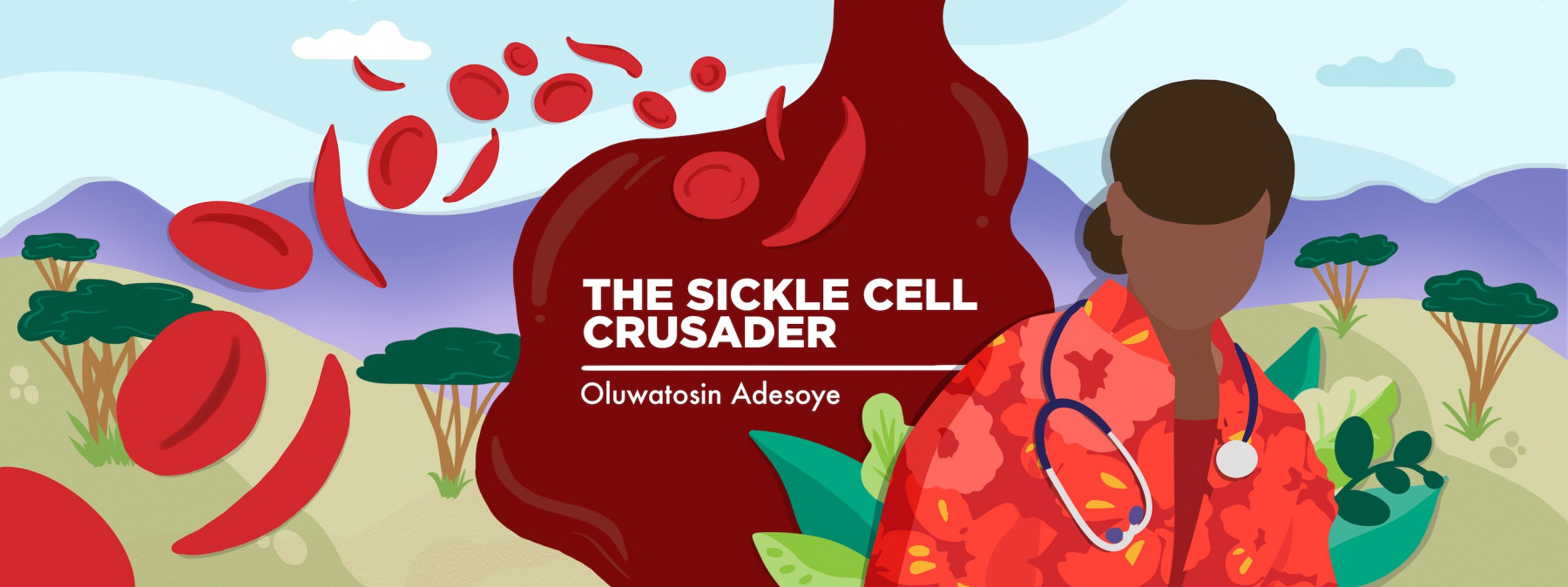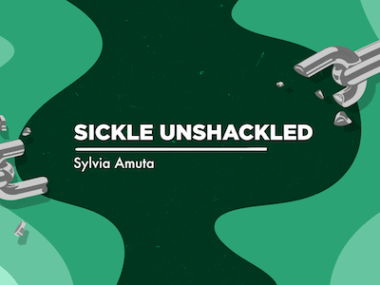Parents of children with sickle cell disease also face a heavy burden
Fear, anxiety, stress, and burnout can all happen to these parents
Written by |

I have always been a passionate advocate for sickle cell disease prevention, sometimes even prioritizing it over advocating for a cure. I envision a world where no child has to suffer the complications and pain of the disease, although realistically, I don’t see that happening yet.
Most of the time, my emphasis on prevention is driven by the devastating impact the disease has on patients. However, beyond that, my perspective as a medical professional, an executive at a sickle cell nonprofit, and the creator of the Sickle Cell Celebs support group has given me a unique window into the equally adverse effects the disease has on parents.
Many people end up having children with sickle cell disease due to a lack of awareness about the disease and its virulence, or their status as carriers, or due to a quest for love that ignores risks.
From mental health to troubles with employers
Having a child with sickle cell disease can affect parents’ mental health in many ways, from the initial shock of the diagnosis to the ongoing demands of treatment and the need for support into adulthood.
The process often begins with feelings of denial about the diagnosis. I’m sure my own parents probably tried to “pray away” my sickle cell disease before eventually accepting it.
For many parents, this is followed by constant fear and anxiety about the child’s health due to the disease’s unpredictability. My mother, for example, has her phone charged 24/7, always prepared for an emergency call. When I call her, she immediately answers, regardless of where she is or who she’s with, because she’s afraid I might be having another health emergency.
I’ve seen countless parents become clinically depressed because of the relentless toll that sickle cell has had on their children’s health. I’ve seen them weep every time their child has to endure a sickle cell crisis or another major complication. The weight of this ongoing stress is a frequent cause of depression.
Another devastating challenge is the financial strain of managing the disease, which is extremely expensive. Having a child, or multiple children, with sickle cell disease places an immense burden on a family’s finances.
Occupational challenges add another layer of stress. A child’s frequent hospitalizations can disrupt the parents’ work situations, and some even lose their jobs because they have to be at the hospital supporting their child.
Another common and particularly devastating outcome is marital strife. A number of parents of sickle cell warriors that I know are separated or divorced, something that’s alarmingly prevalent here in Nigeria. Parents often panic about whether future children will have the disease, and the financial and occupational challenges can wreak havoc on a marriage. Too often, men will walk away, leaving the women to shoulder the burden alone.
I find this behavior incredibly selfish. If two people choose love over genotype compatibility, or if both were equally guilty of not knowing the risks, they should shoulder the burden together. Running away from one’s responsibility is a failure of partnership and parenthood.
Parental guilt is another frequent outcome. My own parents have expressed feelings of guilt to me on several occasions when I was dealing with a health complication. For some, this guilt can become so extreme that it affects their mental health.
The intense care required of one or two children with sickle cell disease can unintentionally lead to the neglect of other children or family members. Siblings, or even one’s partner, might feel abandoned.
A lack of support and help for primary caregivers can cause chronic fatigue. I was fortunate to grow up with a large, supportive extended family. But many parents lack this, which can lead to profound burnout.
The devastating consequences for parents raising children with sickle cell disease are reason enough for us to triple our efforts at preventing this disease. Thankfully, sickle cell is a preventable disease. We must ensure that potential partners understand genotype compatibility before procreating. We must educate people about other options, such as in vitro fertilization or adoption. Prevention must always be a priority.
To every parent who is going through this, I see your struggle. Keep pushing, because you are the real MVP. We in the community love you and pray that you will reap the fruits of your labor.
Note: Sickle Cell Disease News is strictly a news and information website about the disease. It does not provide medical advice, diagnosis, or treatment. This content is not intended to be a substitute for professional medical advice, diagnosis, or treatment. Always seek the advice of your physician or other qualified health provider with any questions you may have regarding a medical condition. Never disregard professional medical advice or delay in seeking it because of something you have read on this website. The opinions expressed in this column are not those of Sickle Cell Disease News or its parent company, Bionews, and are intended to spark discussion about issues pertaining to sickle cell disease.





Leave a comment
Fill in the required fields to post. Your email address will not be published.